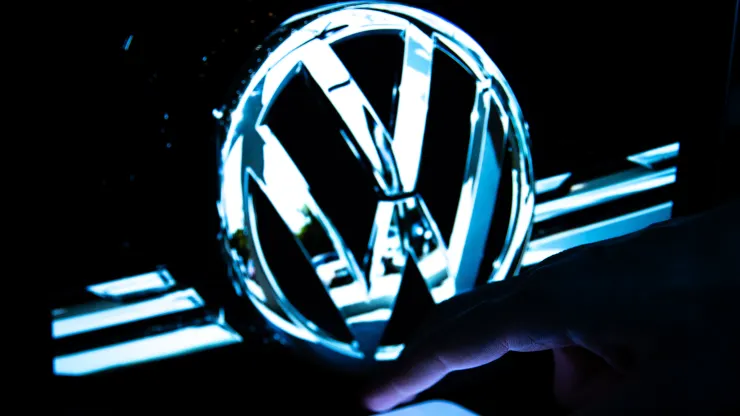
German automaker Volkswagen has established its own artificial intelligence lab, the company said Wednesday, reflecting growing ambitions from the car industry to adopt the buzzy technology.
In a press release, Volkswagen said its new AI lab will serve as a “globally networked competence center and incubator” to produce proofs of concept in the field of the tech surrounding automotive innovations.
AI labs are research and development hubs for exploring artificial intelligence breakthroughs. Common examples of such labs are those of OpenAI, which Microsoft
has backed with billions of dollars, and Google’s DeepMind, which the Alphabet
-owned tech giant acquired in 2014.
Volkswagen claimed it would bring its lab’s AI innovations to its own vehicles to make them smarter.
“We want to offer our customers genuine added value with artificial intelligence. We aim to link external digital ecosystems with the vehicle, creating an even better product experience,” says Oliver Blume, CEO of the Volkswagen Group and Porsche AG.
“Collaboration with technology companies is crucially important for us. In [the] future, we intend to simplify cooperation in organizational and cultural terms.”
Volkswagen isn’t planning on manufacturing any production models of its own, but the company intends to hold talks with partners about licensing its proprietary AI technology for use in their vehicles. Volkswagen did not name any potential partner.
The carmaker said some of the AI solutions pursued by the lab will deal with optimizing electric vehicle charging, predictive maintenance for cars and linking vehicles with customers’ homes through internet-connected devices.
The company also said it would explore AI uses to enable in-car voice recognition.
The announcement comes as other auto firms are pushing heavily into artificial intelligence to boost their technology credentials and make their cars smarter.
French carmaker DS automobiles began integrating ChatGPT into its vehicles late last year. Mercedes-Benz and Microsoft started testing in-car ChatGPT support as early as June 2023. Chinese electric vehicle giant BYD, meanwhile, launched an AI-powered smart car system to better compete with rivals on advanced technologies, such as automated parking.
Reducing reliance on tech giants
Volkswagen’s AI lab launch echoed the ambition of established technology companies that have set up or invested in their own artificial intelligence research units. The move could see Volkswagen become more independent, reducing its reliance on external AI software from technology giants like Microsoft, Apple, Google and Amazon.
Volkswagen has already extended its work on AI, most recently announcing that it would integrate ChatGPT in its cars at the Consumer Electronics Show in Las Vegas. As part of that, the automaker was relying on OpenAI as a technological partner, rather than depending on its own proprietary technology.
By creating an AI lab, Volkswagen will be able to determine its own future in terms of what kinds of artificial intelligence it adopts — though it has a steep hill to climb to compete with the caliber of technologies coming out of already advanced research labs, like OpenAI.